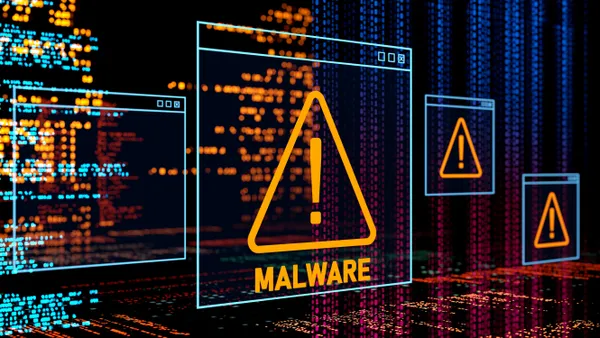Dive Brief:
-
Detroit has launched a drone inspection pilot program for city-owned buildings that can identify energy-saving improvements and optimize performance.
-
The drones capture visible and thermal imaging of the building; an AI platform developed by Lamarr.AI processes the images and building analytics to create 3D models and energy simulations that help city officials identify thermal inefficiencies, assess structural conditions and optimize potential upgrades.
- A partnership among Lamarr.AI, Detroit-based technology incubator Michigan Central and startup venture platform Newlab, the pilot “is a prime example of how public-private collaboration can unlock innovative solutions for cities,” said Tim Slusser, Detroit’s chief mobility officer, in a statement.
Dive Insight:
Detroit, the Michigan Department of Transportation, Michigan Central and Newlab in 2022 launched the Advanced Aerial Innovation Region as a real-world testbed for next-generation drone technologies “to move drone technology from concept to city-scale deployment,” according to a press release.
The number of use cases for drones in city operations is “phenomenally high,” said Matt Whitaker, director of mobility innovation platforms at Michigan Central.
Detroit had already established a transportation innovation zone to streamline permitting for new mobility solutions such as drones, and Michigan Central helped the city get Federal Aviation Administration permissions to fly the drones, Whitaker said.
For this project, Lamarr.AI, working with aerial photographers FlyGuys and drone operations management system Airspace Link, deployed drones to identify thermal deficiencies such as insulation gaps and potential water infiltration in three municipal buildings. It used the data to create 3D models it paired with energy simulations to pinpoint targeted upgrades that could reduce the three buildings’ HVAC energy use by up to 22%, according to the press release.
The final reports give the city a tiered approach to retrofitting the buildings, such as targeted weatherization at the curtain wall, replacement of specific failing windows, continuous wall insulation and roof enhancements.
“We are helping the city of Detroit, through the Office of Sustainability specifically, to identify vulnerabilities for cost and climate challenges,” said Lamarr.AI co-founder and CEO Tarek Rakha. “Our AI analyzes and categorizes building deficiencies and uses simulation to clearly state the return on investment once we identify an anomaly or a deficiency.”
Rakha said the combination of drones and its AI platform is “10 times faster, five to 10 times more affordable and 50% more accurate than [assessing thermal deficiencies by] regular means — including using drones in general because drones can collect data but not analyze it.”
The company’s technology can scan “a huge number of buildings in a fraction of the time at a fraction of the cost because we’re using our own AI analytics,” Rakha said. “That makes scaling quite accessible.”
Correction: We have updated this article to correct an error in the quote from Lamarr.AI co-founder and CEO Tarek Rakhaabout of the speed of the process. He said it’s 10 times faster.











